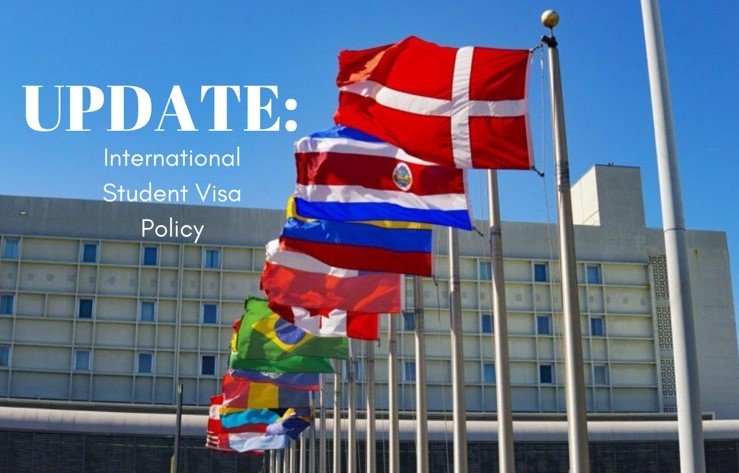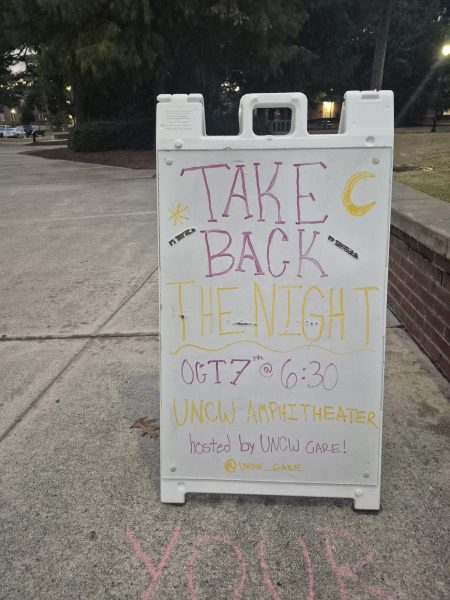ICE reverses disputed July 6 international student policy
Joshua Woroniecki from Pixabay
UPDATE: July 6 International Student Visa Policy Reversed. Edit by Diamond Bentley.
Washington, D.C. — After facing intense pressure and backlash, U.S. Immigration and Customs Enforcement dropped its most recent addendum to its international student visa policy.
On Tuesday it was announced that the policy had officially been rescinded, just minutes before a Massachusetts judge was set to hear the lawsuit. Harvard University and MIT filed the lawsuit against the Trump administration over the policy, which was supported by numerous other colleges and the attorneys general of nearly 20 states. The private sector also weighed in on the controversy, with technology companies such as Google, Facebook, and Twitter supporting the lawsuit and calling for the policy to be rescinded.
The controversial policy, first announced on July 6, ruled that international students must attend at least one in-person class in the fall semester to continue residing within the country. As many American universities are currently debating whether to reopen campuses and resume in-person classes in the fall due to the threat posed by the COVID-19 virus, this ruling came as a shock to many.
In the lawsuit, Harvard and MIT alleged that the administration was not only endangering the lives of their students and attempting to force universities to open but that they had also violated the Administrative Procedure Act, which requires the federal government to give ample notice before revising or introducing new regulations.
Though this policy reversal is a win for many, some believe that one of the accusations levied in the lawsuit may come back to haunt the universities. As Nolan Rappaport theorizes in an opinion piece for The Hill, the accusation of the administration violated the Administrative Procedure Act might also be applied to the international student directives issued on March 13 when the pandemic’s state of emergency was first declared.
The March 13 policy allowed international students to remain in the country and take majority of online classes after many universities closed campuses due to COVID-19. After the much stricter July 6 policy was reversed, the March 13 guidance is now back in effect. This policy reversal takes some pressure off of international students and universities alike as they begin to construct their plans for the potential uncertainties of the upcoming fall semester.
For now, international students will be able to remain in the U.S. under the March 13 pandemic guidelines, which states that the students can take a fully online course if that is all their university currently offers.













